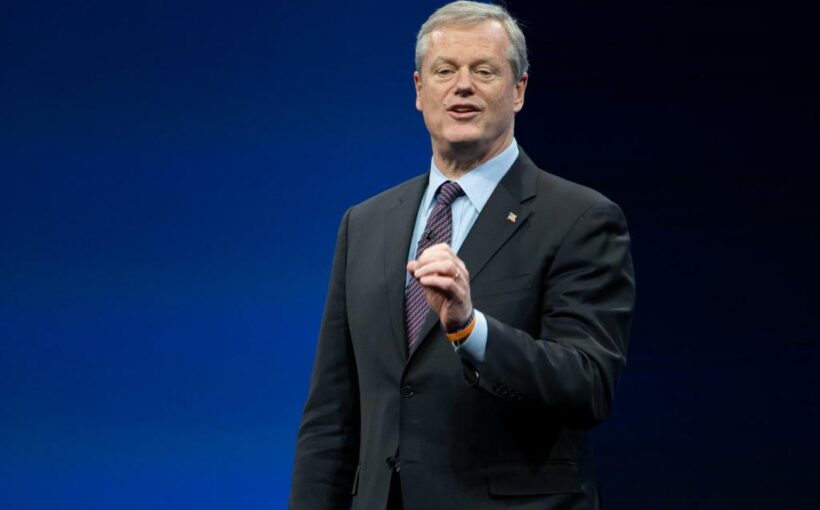By RALPH D. RUSSO (AP College Sports Writer)
On the same day the NCAA released the results of a business review encouraging the association to find creative ways to support its member, it announced Wednesday it was crafting detailed rules for name, image and likeness compensation and that all college athletes soon would be eligible for some injury insurance after they leave school.
The NCAA Division I Board of Directors directed The Division I Council to deliver a proposal in October to regulate the way college athletes can make money off their fame. The NCAA lifted its ban on NIL compensation in 2021 and has been operating with an interim policy that broadly bans pay-for-play and recruiting inducements.
Myriad state laws instead have set the rules for NIL, and college sports leaders have been lobbying federal lawmakers for help. NCAA President Charlie Baker said in June the NCAA needed to work on its own solution as a Plan B.
Echoing Baker’s NIL wish list, the board asked the council to present rules that would:
— Create a registration process for agents and financial advisers who wish to represent college athletes and booster-funded NIL collectives.
— Develop a standardized contract for NIL deals.
— Establish disclosure requirements for athletes and collectives or companies that provide NIL compensation.
“We heard loud and clear that student-athletes are not always certain about what to look for in NIL contracts, and we hope to establish clear rules that help student-athletes navigate these deals to better — and more safely — capitalize on their NIL potential,” Florida associate athletic director Lynda Tealer said in statement.
Tealer is the chairwomen of the DI Council and of the NIL working group.
Earlier in the day, the NCAA Board of Governors, the association’s highest governing body, announced that beginning this year all college athletes will have access to health insurance to cover medical treatment for injuries sustained in college for two years after their eligibility expires.
All that came on the heels of a review of the NCAA’s business that suggested the association could help its 1,100 members by developing a deeper pool of game officials, creating a national platform for online streaming of events and purchasing in bulk certain goods and services that most schools use.
The review was one of the first items on Baker’s to-do list when he took over as NCAA president in March. The review was done by the firm Bain & Company and a summary of its key findings was released Wednesday by the NCAA. It said college sports was at a “crossroads.”
The message: Colleges and universities and college sports are facing growing pressures related to:
— A decline in the college-age population and rising costs of attendance.
— More professional options for athletes to forgo college.
— Social media, sports betting and other outside influences having a potential negative impact on college athletes.
— The changing landscape of media creating uncertainty for traditional partners.
“We can no longer pretend things are as they always have been — and our new way of doing business will ready the national office to move forward with urgency, purpose and a plan,” Baker said in a statement.
The review looked at trends in college sports from all perspectives — athletes, fans, schools and business partners — to find ways the NCAA could better do its job.
It also surveyed the more than 500 NCAA employees about how the association operates internally.
One of the takeaways was the need for more clear roles and goals for NCAA staff.
“Identify top 15-20 decisions within the national office and map out stakeholders and clear decision rights,” the report said.
The report also said the NCAA should be more creative with its championship events to grow untapped potential.
Baker has acknowledged the NCAA’s current media deal that bundles numerous championships, including the women’s basketball tournament, does not capitalize on the growing interest in sports beyond football and men’s basketball.
The NCAA is likely to unbundle those events when the current deal with ESPN ends next year.
The review suggested a “dramatic” expansion of content and sponsorship for the women’s basketball tournament.
___
AP college football: https://apnews.com/hub/college-football
Source: Read Full Article
